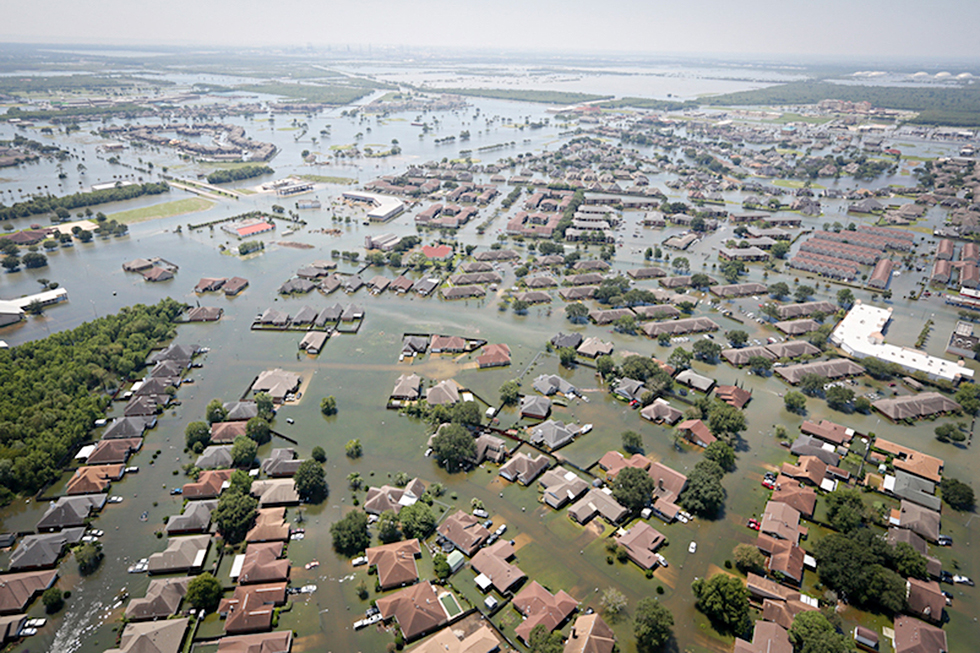- South Texas Students Meet Accordion Music Icons Los Tigres Del Norte In Edinburg Thanks To Khs America/Hohner Alianza Académica Initiative
- Fragile Planet Offers a Nighttime Wildlife Experience
- Falcons Soccer Off & Running
- Cameron County Receives Funds to Improve Two Parks
- Falcons Complete First Half of 32-6A
- School District to Help out Victims of California Wildfires
- Sand Castle Days Continued Despite Unexpected Weather
- Ready for District
- Discussion of Garbage Dumpster Rates, Agreements Between State & City on Highway Regulations, and More
- 31st Annual Shrimp Cook-Off is Right Around the Corner
Reducing economic risk as hurricane season arrives
- Updated: June 12, 2020

By ROZ BROWN
Texas News Service
PASO, Texas — Today marks the start of hurricane season, and even as storm trackers keep their eye on a possible development that could impact Southeast Texas, experts say it’s time to put more focus on flood mitigation projects and resilient infrastructure.
Forbes Tompkins, manager of Flood-Prepared Communities at The Pew Charitable Trusts, said communities need more financial resources and guidance from the federal government to make investments long-lasting, and they might want to take notes on some of Texas’s recent actions.
“By providing more resources for disaster mitigation at the state level, as well as starting to take a look at the problem at a watershed level – so not pitting a community against another community for resources or siloing a lot of these community plans,” Tompkins said.
In Texas, the peak hurricane threat exists from August through September, but they can and have struck the Texas coast during every month of the hurricane season.
Tompkins said the need for Texas to prioritize resilient infrastructure and mitigation is underscored by the multiple rounds of damaging storms that have hit the state in recent years.
“People tend to just remember Hurricane Harvey, which was one of the most damaging storms in U.S. history,” he said. “And even before Hurricane Harvey, in 2016 and in 2015, the state, from non-hurricane storms, experienced more than 500-year flooding events.”
Pandemic-related economic effects experienced by Main Street mirror what small businesses have gone through after natural disasters, according to former Federal Emergency Management Agency administrator Craig Fugate.
“The goal that we have is, how do we build more resilient communities so small businesses aren’t having to face the difficult decisions of how to recover from disasters but are able to do business, provide jobs, pay taxes as part of the local economy,” Fugate said.
The National Oceanic and Atmospheric Administration predicts 2020 could be an above-normal Atlantic hurricane season, with 13-19 named systems possible. Of those, 6-10 could become hurricanes, according to NOAA’s May 21 forecast.
Support for this reporting was provided by The Pew Charitable Trusts.
